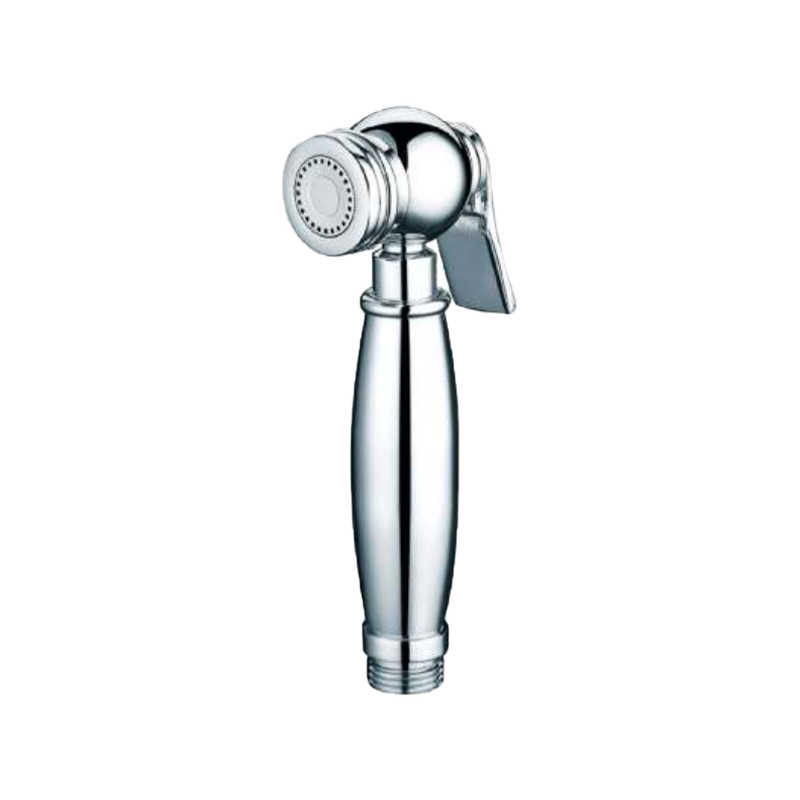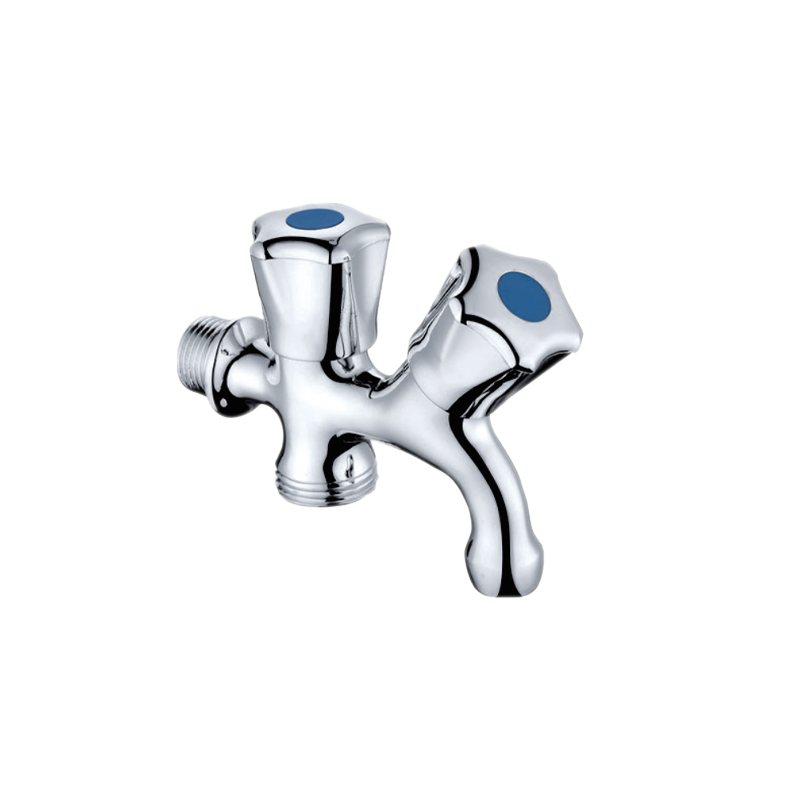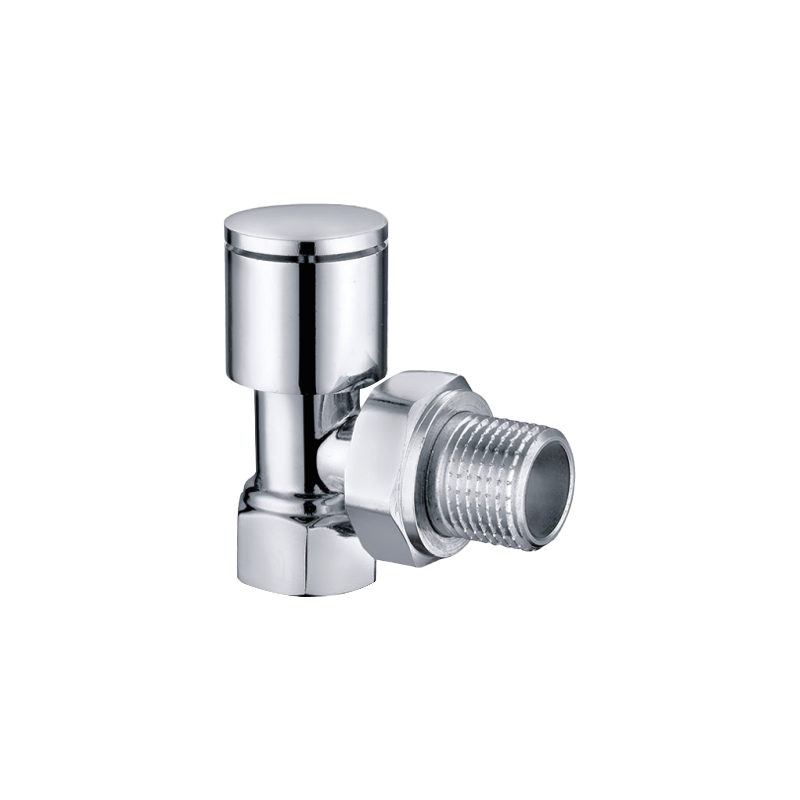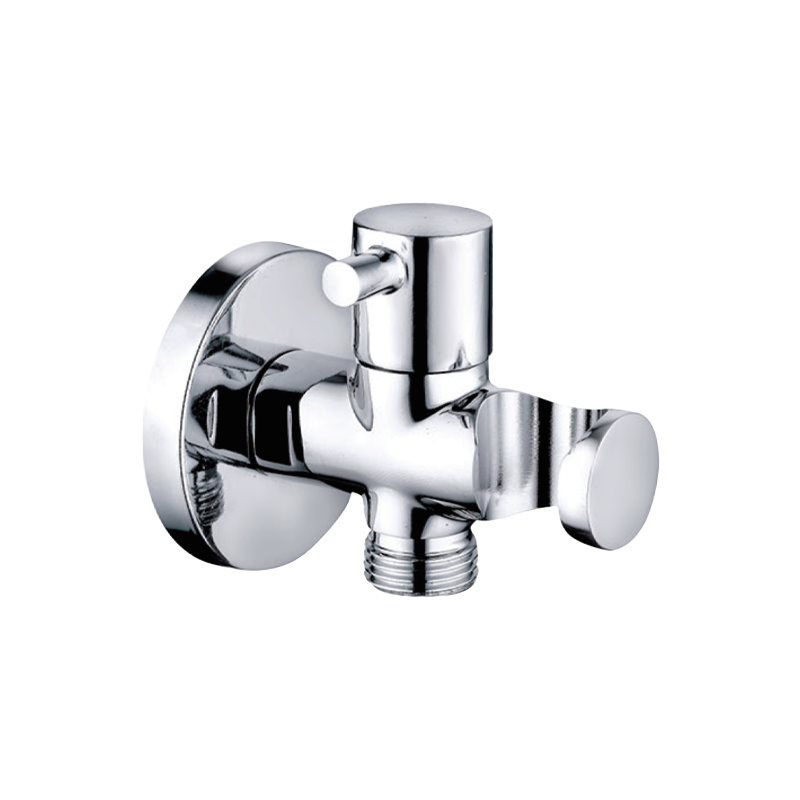Angle stop valves are essential components in plumbing systems, providing a means to control the flow of water to fixtures such as sinks, toilets, and appliances. Traditionally, these valves have been made from various materials, including brass, which is known for its durability and corrosion resistance. In recent years, solid brass angle stop valves have seen significant development, offering improved performance, ease of use, and greater longevity.
Solid brass angle stop valves are crucial elements in plumbing systems for several reasons:
Water Flow Control: Angle stop valves serve as on-off switches for water supply lines, allowing homeowners to control the flow of water to individual fixtures. This control is essential for maintenance, repairs, and emergencies.
Durability: Brass is a durable and corrosion-resistant material, making it an ideal choice for angle stop valves. It ensures that the valves withstand the test of time and the wear and tear of regular use.
Compatibility: Solid brass angle stop valves are compatible with various plumbing systems and fixtures, making them versatile and widely used in residential and commercial applications.
The Evolution of Solid Brass Angle Stop Valves
Over the years, solid brass angle stop valves have undergone significant development, resulting in several improvements and innovations:
Improved Design and Construction: Modern angle stop valves are designed with precision and attention to detail. The manufacturing process involves advanced techniques to create high-quality, precision-machined valves. This ensures that the valves fit ideally, function smoothly, and minimize the risk of leaks.
Ergonomics and Ease of Use: The handles on angle stop valves have evolved to be more ergonomic and user-friendly. They are designed for easy grip and operation, enhancing the user experience. This makes turning the valve on or off a simple task, even for those with limited dexterity.
Enhanced Durability: Solid brass angle stop valves have become more robust and durable. Modern manufacturing processes, including advanced casting and machining techniques, ensure that these valves are built to last. They are less prone to corrosion and are better equipped to withstand high water pressure.
Leak Prevention: Leak prevention is a top priority in modern plumbing. Manufacturers have improved the sealing mechanisms in angle stop valves, reducing the risk of leaks and ensuring a reliable shut-off when needed. Some models incorporate double seals for added security.
Quarter-Turn Valves: Quarter-turn angle stop valves have become increasingly popular due to their convenience. Instead of multiple turns to open or close the valve, these valves require just a quarter turn, making them faster and easier to operate.
Lead-Free Compliance: In response to growing concerns about lead in plumbing materials, many modern solid brass angle stop valves are designed to be lead-free, meeting or exceeding regulatory standards to ensure water safety.
Advanced Coatings: Some angle stop valves are coated with advanced materials that provide additional protection against corrosion, ensuring they remain functional and aesthetically pleasing.
Benefits of Modern Solid Brass Angle Stop Valves
The evolution of solid brass angle stop valves comes with several benefits that make them attractive choices in modern plumbing systems:
Durability: The use of solid brass ensures a long service life and resistance to corrosion and wear, reducing maintenance and replacement costs.
Ease of Use: Modern valves are designed for ease of operation, even for those with limited hand strength or dexterity.
Leak Prevention: Enhanced sealing mechanisms reduce the risk of leaks and potential water damage, ensuring reliable performance.
Versatility: Modern solid brass angle stop valves are compatible with various plumbing systems and fixtures, providing versatile solutions for different applications.
Compliance with Safety Standards: Many modern valves are designed to be lead-free, complying with safety standards and ensuring water quality.
Environmental Considerations: The use of lead-free materials and efficient manufacturing processes aligns with environmental and health considerations, contributing to safer plumbing systems.

 English
English 中文简体
中文简体


.png)




